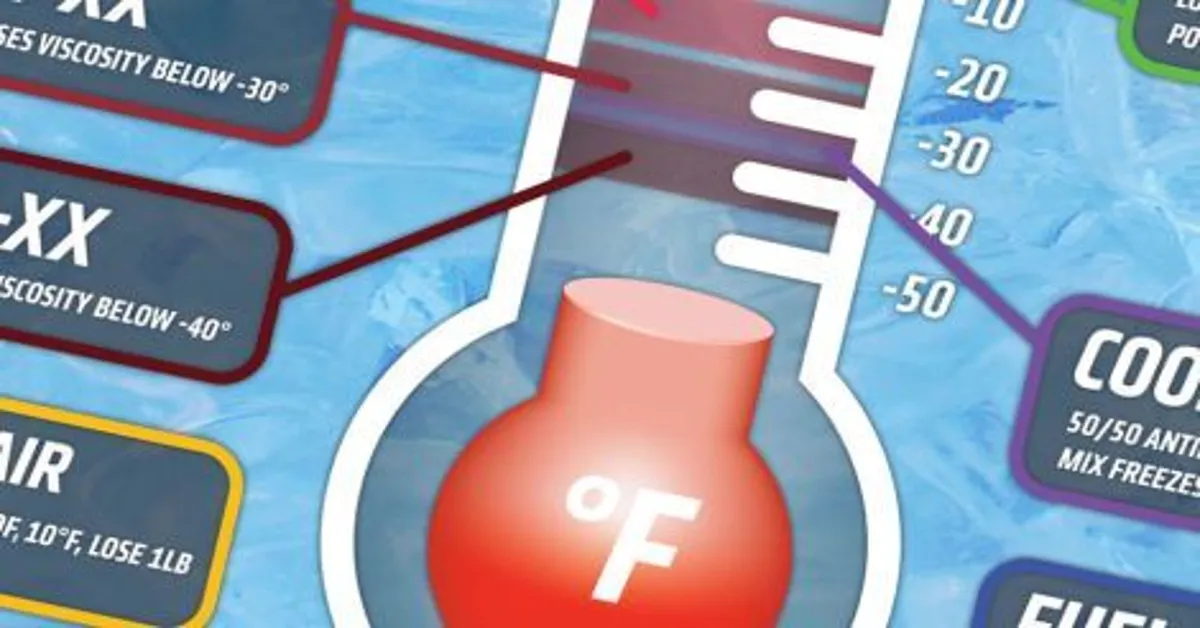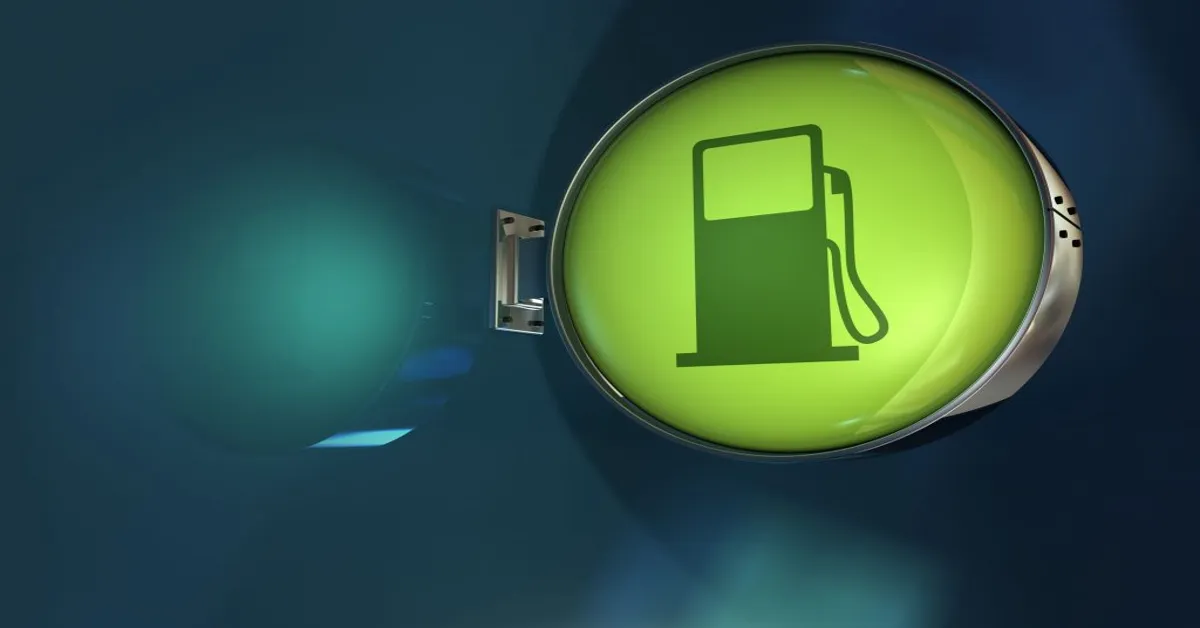**Winter chills bring more than just a rosy glow to your cheeks. They can also dramatically lower your vehicle’s fuel efficiency.** The biting cold can cause your car’s fuel economy to drop significantly, hitting your pocket where it hurts.
But fear not, there are steps you can take to enhance your vehicle’s fuel efficiency, even in the coldest of weathers. This blog post will equip you with practical and easy-to-follow tips for enhancing fuel efficiency in cold weather, helping you save money and lessen your carbon footprint. So, buckle up and get ready to navigate the icy roads of winter with ease and efficiency.
Key Takeaway
- Winter conditions can severely impact a vehicle’s fuel efficiency, leading to increased fuel consumption and cost.
- The cold weather affects the performance of the car’s engine, resulting in lower fuel economy.
- Adopting certain measures can help enhance a vehicle’s fuel efficiency during the cold months.
- These measures include maintaining proper tire pressure, limiting the use of the car’s heater, and avoiding unnecessary idling.
- Implementing these tips for enhancing fuel efficiency in cold weather can help save money and reduce a vehicle’s carbon footprint.
Understanding the Impact of Cold Weather on Fuel Efficiency
Adapting to Cold Weather: Tips for Enhancing Fuel Efficiency When the temperature takes a nosedive, your vehicle’s fuel efficiency can, unfortunately, follow suit. Cold weather can increase fuel consumption significantly, leading to more frequent trips to the pump and higher expenses. But fear not, there are proven tips for enhancing fuel efficiency in cold weather that can mitigate these effects.
Simple actions like maintaining proper tire pressure, limiting idle time, using the right motor oil, and managing electrical loads can go a long way in improving your vehicle’s fuel economy. By applying these strategies, you can keep your engine running smoothly and efficiently, regardless of how low the mercury drops. Stay tuned as we delve deeper into these effective cold-weather fuel-saving tactics.
Tips for Enhancing Fuel Efficiency in Cold Weather
| Tip | Description | Benefit |
|---|---|---|
| Limit Idling | Minimize idling your car to warm it up. Excessive idling wastes fuel and increases emissions. | This helps in saving fuel and thus, increases fuel efficiency. |
| Maintain Tire Pressure | Keep your tires properly inflated. Low tire pressure can reduce fuel efficiency. | Properly inflated tires can improve gas mileage by up to 3%. |
| Use Engine Oil Recommended by Manufacturer | Utilize the engine oil recommended by your vehicle’s manufacturer. Using the wrong type can lower fuel efficiency. | Using the right oil can improve your gas mileage by 1-2%. |
| Limit Use of Heater and Defroster | Limit the use of the heater and defroster as they increase fuel consumption. | Reducing usage of these elements can help save fuel and enhance efficiency. |
| Remove Excess Weight | Remove unnecessary weight from your vehicle. Extra weight reduces fuel economy. | Every 100 pounds of extra weight trims fuel economy by up to 2%. |

Preparation Tips for Cold Weather
Driving in colder weather conditions can often take a toll on your vehicle’s fuel efficiency. However, with the right techniques and maintenance, you can enhance your fuel efficiency even during the harshest winter months. One of the most effective tips for enhancing fuel efficiency in cold weather is to ensure your tires are properly inflated.
Cold air can reduce tire pressure, leading to increased friction and fuel consumption. Keeping your engine warm can also help improve fuel economy. This can be achieved by parking your vehicle in a garage or using an engine block heater.
Regular maintenance, such as timely oil changes and replacing air filters, can also contribute to better fuel efficiency in cold weather. Last but not least, try to limit the use of your vehicle’s heater and defroster, as these can drain energy and lower fuel efficiency.
Driving Habits to Improve Fuel Efficiency
Adapting Your Driving Habits Driving habits significantly affect your vehicle’s fuel efficiency. In cold weather, it’s important to drive smoothly, avoiding sudden acceleration or braking. Aggressive driving can waste fuel and lower your gas mileage by up to 33% at highway speeds, according to the U.
S. Department of Energy. Instead, stick to the speed limit, maintain a constant speed, and avoid unnecessary idling.
When you idle, you’re getting zero miles per gallon. It can also be more fuel-efficient to warm up your vehicle by driving slowly rather than idling. Keeping Your Tires Properly Inflated Tire pressure can have a big impact on fuel efficiency.
During cold weather, tires can lose pressure, which can lower fuel efficiency by about 0.2% for every 1 psi drop in the average pressure of all tires. Check your tire pressure regularly, especially during winter, to ensure optimal fuel efficiency.
Maintaining Your Vehicle Regular maintenance is key to keeping your vehicle running efficiently. This includes regular oil changes, air filter changes, and spark plug replacements. A well-maintained vehicle can improve fuel efficiency by up to 4%, according to the U.
S. Department of Energy. Using the Right Oil Using the right motor oil can also improve fuel efficiency.
Additional Tips for Enhancing Fuel Efficiency
Understanding the Impact of Cold Weather During winters, you may notice your vehicle’s fuel efficiency dip. This is because cold temperatures can affect your car’s performance and fuel economy. Cold weather thickens engine oil, making the engine work harder.
Your vehicle’s battery also struggles in the cold, reducing its efficiency. Heated seats, defrosters, and heater fans also consume more power. Furthermore, people tend to idle their cars to warm them up, which wastes fuel.
Effective Tips for Enhancing Fuel Efficiency in Cold Weather You can combat these effects and enhance fuel efficiency in cold weather with some simple measures. Parking your car in a warmer place, such as a garage, can reduce the energy required to warm it up. Regular maintenance, especially timely oil changes with the right type of oil for cold weather, can keep your engine running smoothly.
Limiting the use of the car’s heater and defrosters and avoiding idling the car for warming it up can also save fuel. Conclusion With these tips, you can enhance fuel efficiency in cold weather by a significant margin. It’s all about being mindful of your vehicle’s needs and adapting your driving habits accordingly.
Remember, every little effort counts when it comes to saving fuel and driving efficiently in the cold weather.
Read More
Statistical Information: Tips for Enhancing Fuel Efficiency in Cold Weather
| Tip | Percentage Increase in Fuel Efficiency | Fact |
|---|---|---|
| Regular Maintenance | 4-7% | Regular checks and maintenance of your vehicle can increase its fuel efficiency by 4-7% in cold weather. |
| Use Engine Block Heater | 10-15% | Using an engine block heater before starting your vehicle can increase fuel efficiency by 10-15% during cold weather. |
| Avoid Idling | 5-20% | Avoiding unnecessary idling can save you 5-20% on fuel, especially in cold weather when engines take longer to warm up. |
| Keep Tires Properly Inflated | 3% | Keeping your tires properly inflated can increase fuel efficiency by about 3% in cold weather. |
| Use the Right Oil | 1-2% | Using the right oil for your vehicle can increase its fuel efficiency by 1-2% in cold weather. |
Important Notice for readers
As winter approaches, it’s crucial to understand how cold weather can impact your vehicle’s fuel efficiency. This article provides vital tips for enhancing your car’s fuel economy during colder months. From regular maintenance checks to smart driving habits, these strategies will not only help you save money but also contribute to a greener environment.
Remember, every little effort counts when it comes to fuel conservation, especially in cold weather. Stay informed and drive smart this winter.
FAQs
What are some tips for enhancing fuel efficiency in cold weather?
Some effective tips include regularly maintaining your vehicle, using synthetic oil, minimizing idling time, keeping your tires properly inflated, and planning your trips wisely to reduce unnecessary driving.
How does cold weather affect fuel efficiency?
Cold weather can significantly impact fuel efficiency. It can cause the engine to take longer to reach its most efficient operating temperature, increase friction in engine and transmission due to thicker fluids, and increase the use of electrical accessories such as heaters and defrosters.
Why is it important to maintain my vehicle for enhancing fuel efficiency in cold weather?
Regular maintenance of your vehicle is crucial in cold weather as it helps the engine run more efficiently, reduces the likelihood of mechanical failures, and enhances fuel efficiency. This includes tasks such as changing the oil, checking the battery, and ensuring the tires are in good condition.
How does using synthetic oil enhance fuel efficiency in cold weather?
Synthetic oil is designed to flow more easily in cold temperatures and resist thickening, which allows it to move more freely within the engine. This reduces friction and heat, helping your engine work more efficiently and ultimately saving fuel.
How can minimizing idling time enhance fuel efficiency in cold weather?
Minimizing idling time is crucial as it wastes fuel. In cold weather, drivers often leave their cars idling to warm them up, but modern vehicles are designed to warm up quickly when driven. Therefore, it’s recommended to drive off gently after a brief idle period to enhance fuel efficiency.
How does proper tire inflation enhance fuel efficiency in cold weather?
Proper tire inflation is crucial because under-inflated tires create more resistance, making your vehicle work harder and burn more fuel. This is particularly important in cold weather as tires lose pressure more rapidly. Keeping them properly inflated can improve your gas mileage by up to 3%.
Conclusion
Driving efficiently in cold weather is achievable with careful planning and vehicle maintenance. Regularly check tire pressure and engine health. Keep the car well-insulated, limit the use of the heater, and strive to drive smoothly.
Remember, these adjustments not only enhance fuel efficiency but also contribute to environmental preservation. As we face global warming, every liter of fuel saved is a step towards a more sustainable world. Let’s drive smart and preserve our planet!

Leave a Reply